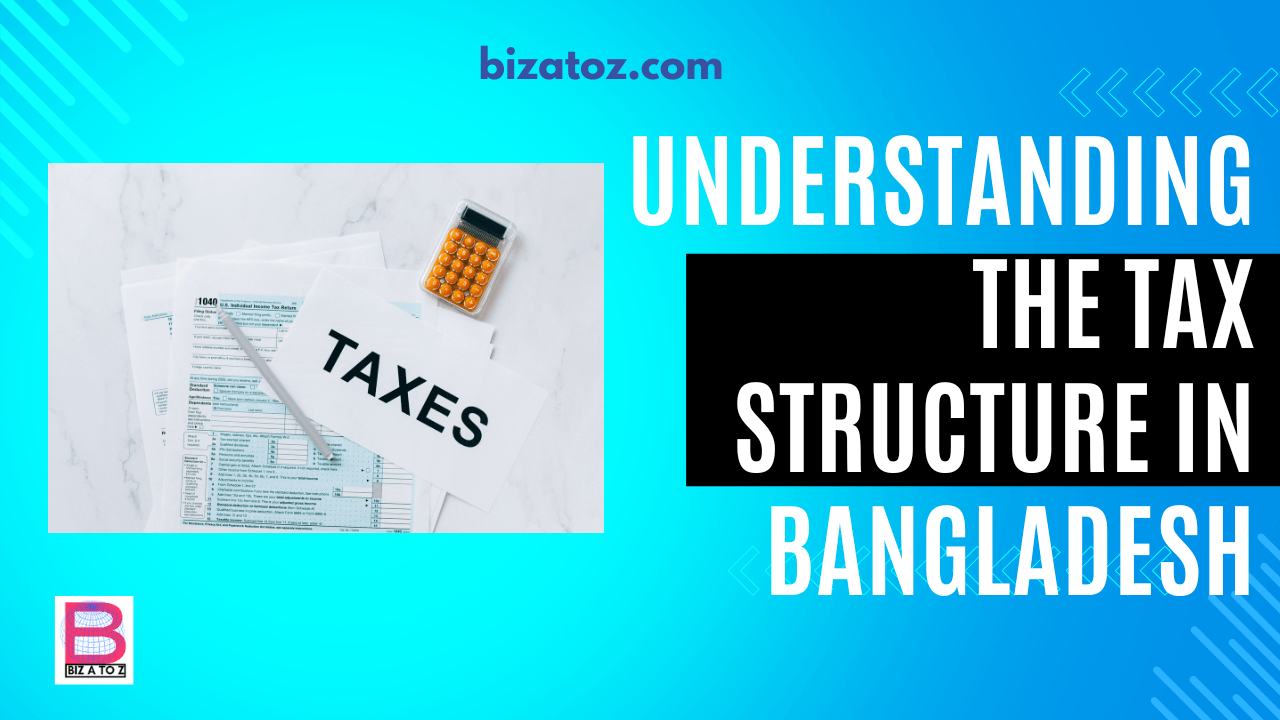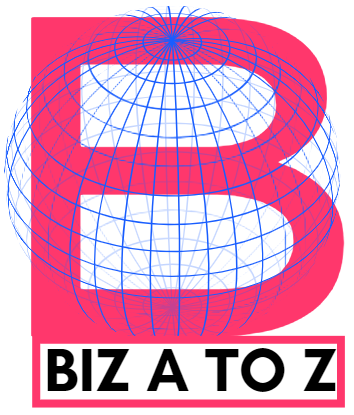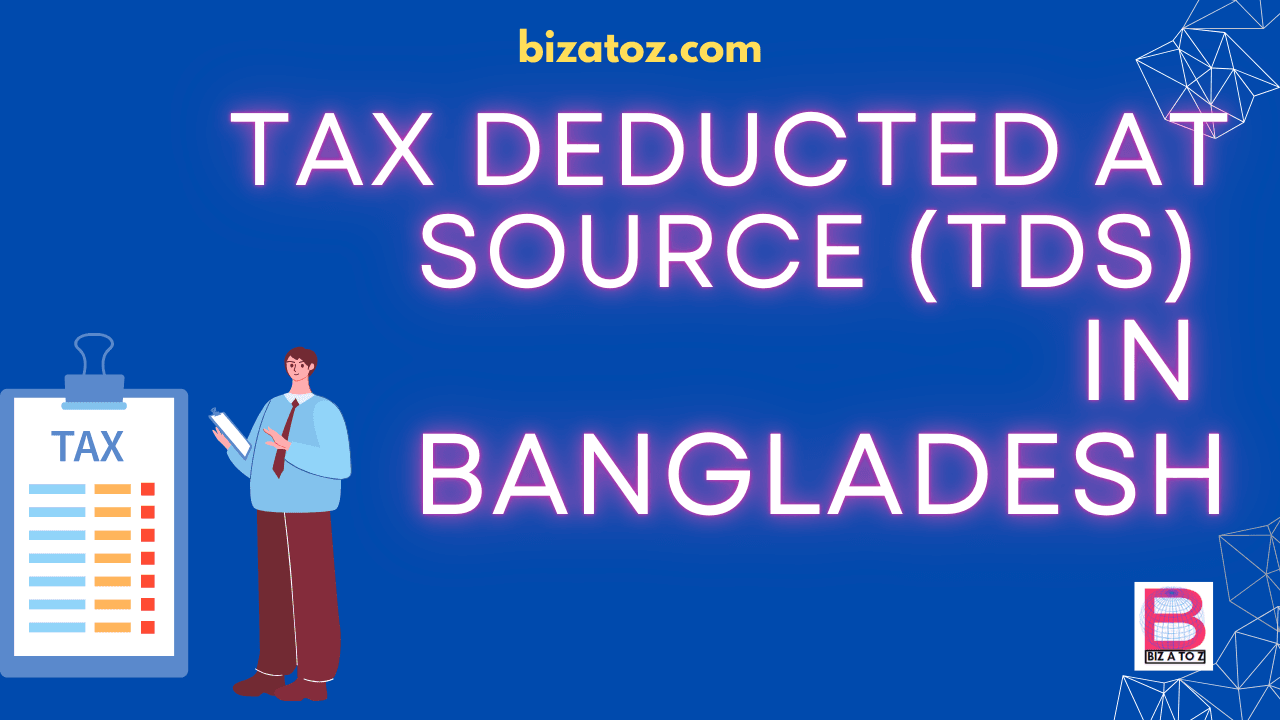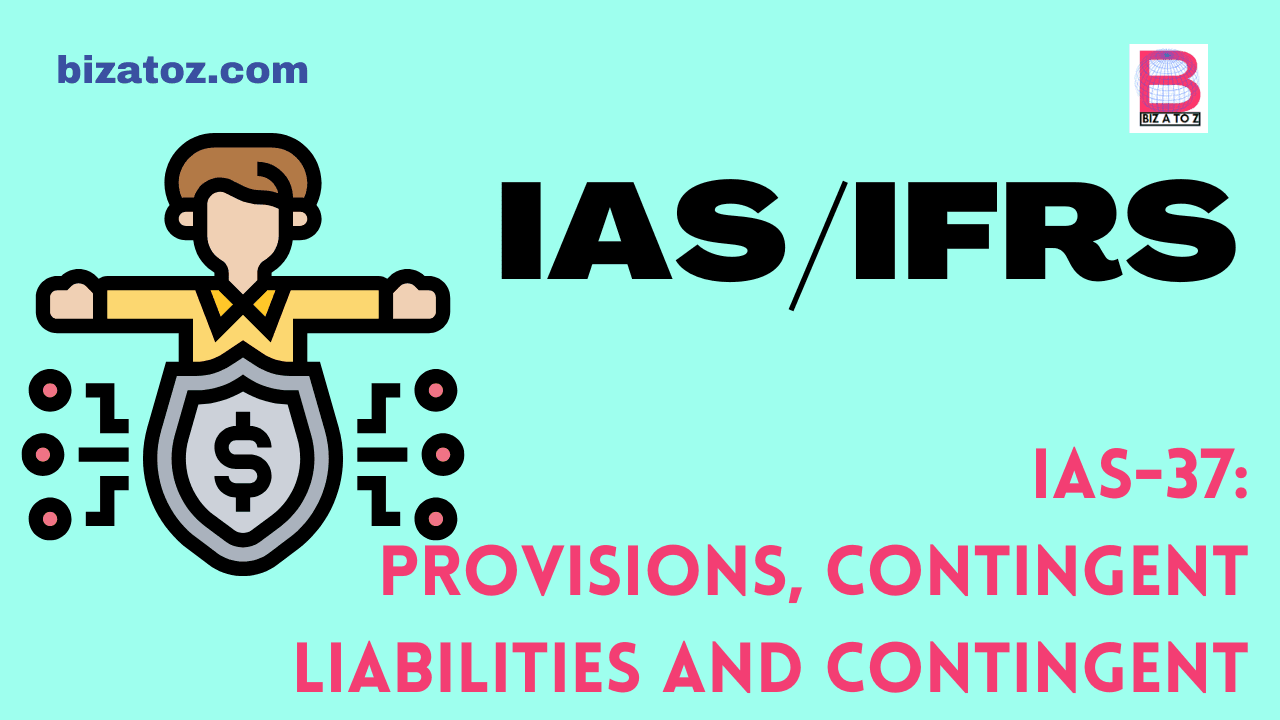
Bangladesh’s economy is among the fastest-growing in the world. The national budget plays a crucial role in this growth. In Bangladesh, over 80% of government revenue comes from taxation. Understanding the tax structure is essential for both businesses and individuals to ensure compliance and optimization. This article discusses the tax system in Bangladesh, highlighting the major sources of revenue.
Overview of the Tax System:
The tax revenue percentage mentioned above represents the tax collected by the National Board of Revenue (NBR), which operates under the Ministry of Finance and is responsible for tax collection in Bangladesh. The main categories of the tax system are:
- Direct Taxes: Direct taxes are collected based on the income of taxpayers and include income tax, corporate tax, and wealth tax.
- Indirect Taxes: Indirect taxes are not directly related to the income of taxpayers and are collected through other means. Examples include Value Added Tax (VAT), customs duties, and excise duties.
Direct Taxes:
Income tax:
Income taxes are levied on the income of individuals, companies, and other entities. The government calculates tax based on income slabs and corresponding tax rates. These rates are subject to review and may change annually through the Finance Act. Bangladesh follows a progressive tax structure. The income tax rates for individual taxpayers for the tax year 2023-24 are as follows:
For regular taxpayers:
· Up to BDT 350,000: 0%
· BDT 350,001 to BDT 450,000: 5%
· Next, BDT 450,001 to BDT 750,000: 10%
· BDT 750,001 to BDT 1150,000: 15%
· BDT 1150,001 to BDT 1650,000: 20%
· Above BDT 1650,001: 25%
For Women and Senior Citizens (65 years and above) tax-free income is BDT 400,000.
Corporate taxes:
The tax authority imposes corporate taxes on companies based on their profits. The tax rates for corporate taxes are:
· Publicly traded companies: 22.5%
· Non-publicly traded companies: 27.5%
· Banks, insurance, and financial institutions (publicly traded): 37.5%
· Banks, insurance, and financial institutions (non-publicly traded): 40%
· Mobile phone operators: 45%
Wealth tax (Surcharge tax):
In Bangladesh, wealth tax is not directly categorized as wealth tax, Individuals are required to pay taxes on their wealth through a surcharge tax. No surcharge tax is applicable for net wealth up to BDT 4 crores.
Indirect Taxes:
Value Added Taxes(VAT):
Value Added Tax (VAT) indirectly taxes taxpayers by targeting the consumption of goods and services rather than their income. It is levied on products or services at specific rates. The standard VAT rate in Bangladesh is 15%, but reduced rates may apply to certain goods and services. Essential items like vegetables and basic food products are exempt from VAT.
Customs Duties:
Customs duties are taxes applied to imported products. The rates vary depending on the type of goods, which are classified according to the Harmonized System Codes (HS Codes). Generally, higher rates apply to luxury goods to encourage the growth of local industries.
Excise Duties:
Excise duties are levied on certain goods such as tobacco, alcohol, petroleum products, natural gas, and cement. These aims to discourage the consumption of harmful products and regulate their use.
For individuals and business owners, understanding the tax structure in Bangladesh is crucial. As Bangladesh aims to become a middle-income country, taxes are a major source of government revenue. A well-structured tax system will play a crucial role in achieving this goal.
Read more: A guide to set off and carry forward of losses.
This article is written by Monir Bhuiyan, a member of ACCA (Association of Chartered Certified Accountants) and ICAB (Institute of Chartered Accountants of Bangladesh).






